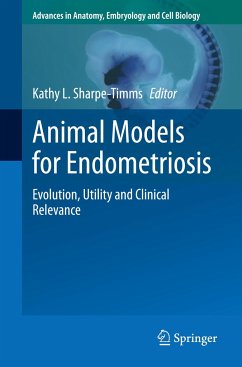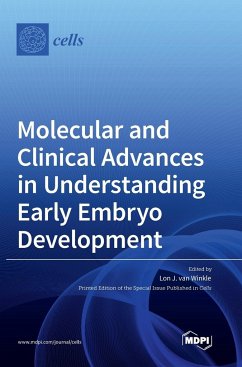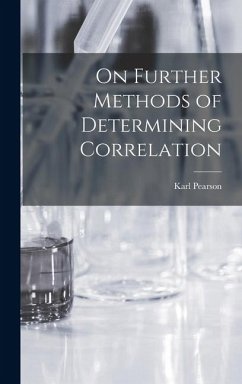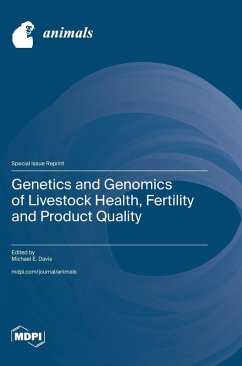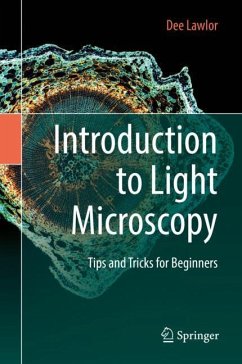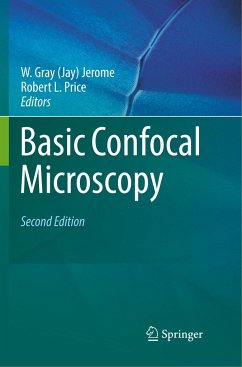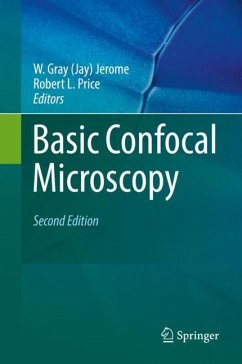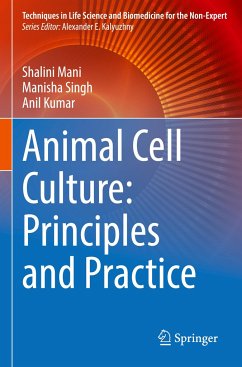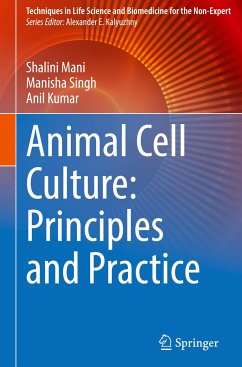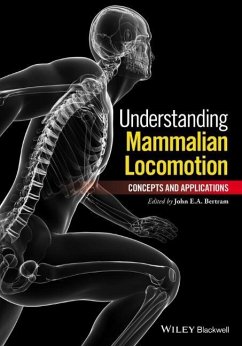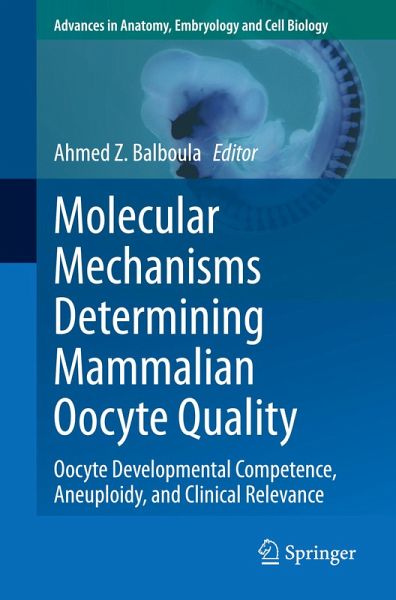
Molecular Mechanisms Determining Mammalian Oocyte Quality
Oocyte Developmental Competence, Aneuploidy, and Clinical Relevance
Herausgegeben: Balboula, Ahmed Z.

PAYBACK Punkte
46 °P sammeln!
As the age of childbearing increases, reduced female gamete (egg) quality has emerged as the primaery cause of infertility in women. This book addresses molecular mechanisms that regulate oocyte quality as well as intrinsic and extrinsic factors that compromise these mechanisms.Eggs are produced through a unique cell division called meiosis. Oocyte meiosis is initiated early in fetal life. Shortly before birth, the oocyte undergoes a prolonged arrest at prophase I until the age of puberty, at which selected oocytes resume meiosis I. Following meiotic resumption and during oocyte maturation, ti...
As the age of childbearing increases, reduced female gamete (egg) quality has emerged as the primaery cause of infertility in women. This book addresses molecular mechanisms that regulate oocyte quality as well as intrinsic and extrinsic factors that compromise these mechanisms.
Eggs are produced through a unique cell division called meiosis. Oocyte meiosis is initiated early in fetal life. Shortly before birth, the oocyte undergoes a prolonged arrest at prophase I until the age of puberty, at which selected oocytes resume meiosis I. Following meiotic resumption and during oocyte maturation, tight regulation of nuclear and DNA-related mechanisms ensures proper homologous chromosome segregation prior to another arrest at metaphase II. Any errors prior to completion of meiosis I can lead to chromosome segregation errors and aneuploidy, the most common genetic cause of miscarriage and congenital disorders such as Down syndrome.
In addition to nuclear maturation, several cytoplasmic processes are orchestrated to support cell division and to generate developmentally competent eggs capable of supporting fertilization and early embryonic development. The interaction between these nuclear and cytoplasmic processes is critical for producing good-quality oocytes.
This volume in the Advances in Anatomy, Embryology and Cell Biology book series presents current reviews by leading experts. It offers valuable insights for researchers, physicians and Ph.D. students interested in reproductive biology, particularly oocyte quality and meiosis.
Eggs are produced through a unique cell division called meiosis. Oocyte meiosis is initiated early in fetal life. Shortly before birth, the oocyte undergoes a prolonged arrest at prophase I until the age of puberty, at which selected oocytes resume meiosis I. Following meiotic resumption and during oocyte maturation, tight regulation of nuclear and DNA-related mechanisms ensures proper homologous chromosome segregation prior to another arrest at metaphase II. Any errors prior to completion of meiosis I can lead to chromosome segregation errors and aneuploidy, the most common genetic cause of miscarriage and congenital disorders such as Down syndrome.
In addition to nuclear maturation, several cytoplasmic processes are orchestrated to support cell division and to generate developmentally competent eggs capable of supporting fertilization and early embryonic development. The interaction between these nuclear and cytoplasmic processes is critical for producing good-quality oocytes.
This volume in the Advances in Anatomy, Embryology and Cell Biology book series presents current reviews by leading experts. It offers valuable insights for researchers, physicians and Ph.D. students interested in reproductive biology, particularly oocyte quality and meiosis.



